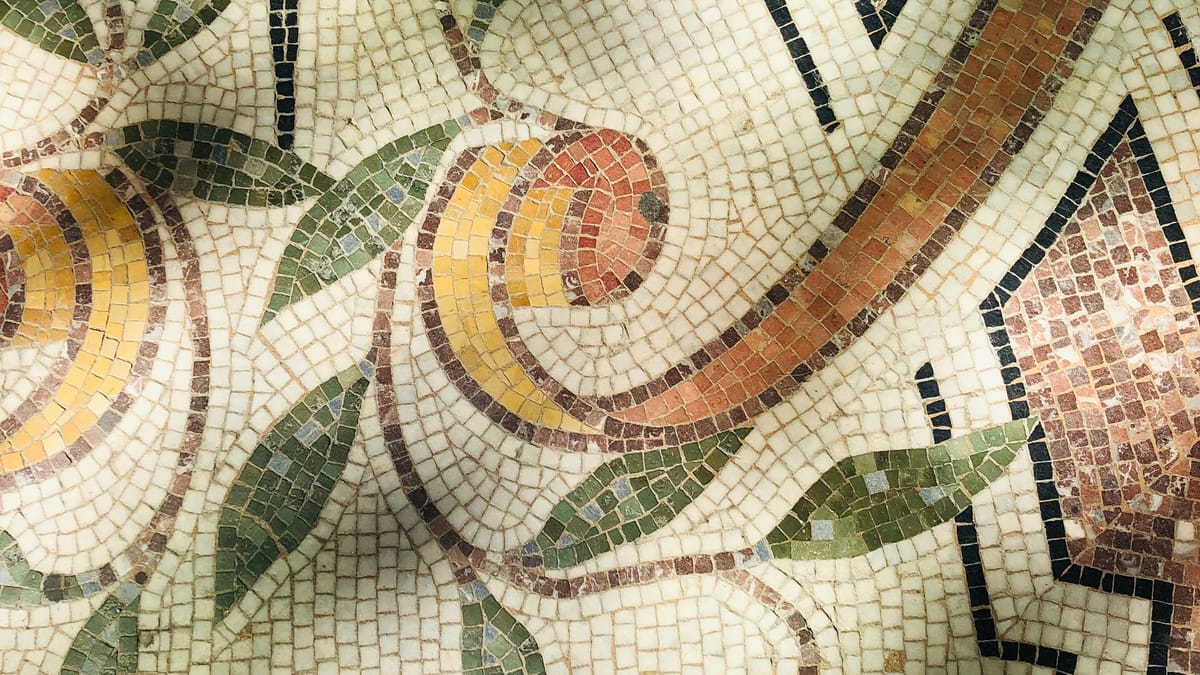How our bias toward usefulness undermines our confidence in taking risks where it matters most.
In the early 90s, when the internet first began to gain traction, it was difficult for the average person to comprehend precisely what it was or how it could help them. It wasn't exactly a phone, billboard, mailbox, or many other ways it was described. People grasped the idea of a network of connected devices. Still, the clunky limitations of personal computers and poor network connectivity initially kept the internet at universities and research labs. It wasn't useful. Yet.
Novelty, usefulness, and risk
Creativity can be tricky to channel into usefulness. And sometimes, the very pressure of usefulness kills the liberty required for the best ideation. In a group or organization or family or team, there may be a perception that new ideas are rejected simply because they're new or different. However, a recent Journal of Creative Behavior study challenges this common assumption. Instead, its authors find that usefulness rather than novelty is the primary driver of perceived risk:
We find evidence across two studies that usefulness rather than novelty is more strongly related to perceptions of risk; more specifically, low usefulness is related to higher risk perceptions. This finding has important implications for our understanding of how creative ideas are perceived and casts doubt on the assumption that novelty is the driver of the riskiness of creative ideas. If usefulness, rather than novelty, is the driver of perceptions of risk, it is possible that the bias against creativity stems more from the low perceived usefulness of some creative ideas, rather than the high perceived novelty. As a result, researchers and idea champions may need to focus on usefulness rather than a bias against novelty to improve creative idea selection.
It turns out that we filter creativity through the strainer of usefulness, not novelty. This makes sense when attempting to bring a new product to market or launch an initiative, but this thinking can also lock you into the familiar, predictable, or safe. But I'm not concerned about product development here; my mind is on the humanities. What I'll call "usefulness creep."
Usefulness creep
Usefulness creep occurs when practicality becomes the preeminent lens to assess value to what is more subjective, personal, exploratory, intimate, mystical, or aesthetic. Our bias toward usefulness skews our ability to appreciate for tomorrow what we can't wrap our minds around today. This paradigm becomes the primary way we make decisions in relationships, art, literature, education, and spirituality—areas brimming with unknowns and creativity at a slower pace. At its best, it promotes efficiency and reduces risk. At its worst, it undermines what is essentially human and, therefore, a higher form of usefulness.
A paradox
In New Seeds of Contemplation, Thomas Merton explores an adjacent problem in a discussion of the traditional and revolutionary natures of the Church:
The biggest paradox about the Church is that she is at the same time essentially traditional and essentially revolutionary. But that is not as much of a paradox as it seems, because Christian tradition, unlike all others, is a living and perpetual revolution.
Human traditions all tend toward stagnation and decay. They try to perpetuate things that cannot be perpetuated. They cling to objects and values which time destroys without mercy. They are bound up with a contingent and material order of things-customs, fashions, styles and attitudes—which inevitably change and give way to something else.
The presence of a strong element of human conservatism in the Church should not obscure the fact that Christian tradition, supernatural in its source, is something absolutely opposed to human traditionalism.
Merton says that Christian tradition runs counter to human traditionalism and yet is essentially traditional and revolutionary. A living and perpetual revolution. I think this paradox captures what I'm chewing on here. Ultimately, it's not that we need a rejection of usefulness; it's that we need a revolution in how we perceive usefulness. We don't want a usefulness destined toward perpetual stagnation and decay. We need to be flexible enough to embrace the unexpected—the joy of genuine surprise. Mystery and mercy are also useful.






Comments ()